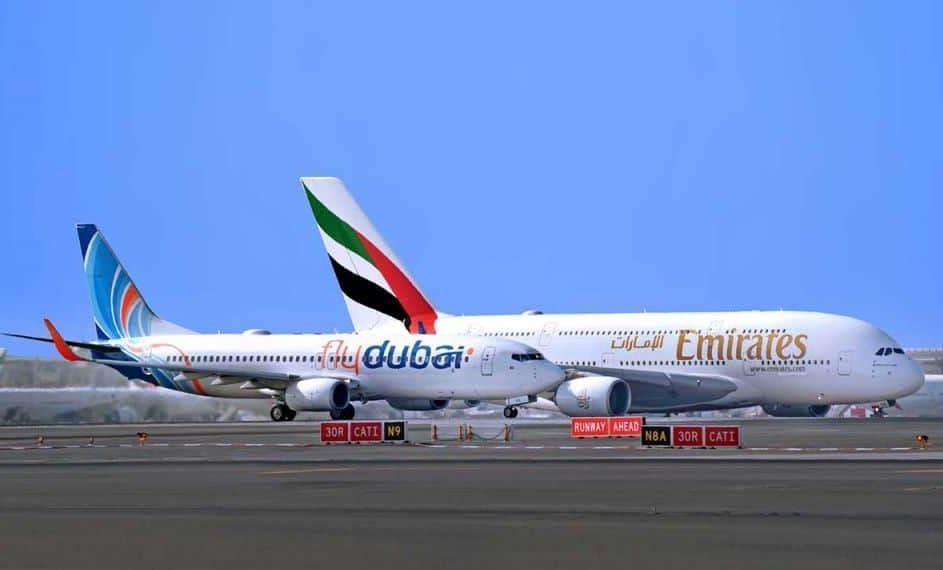After a two-year hiatus, Emirates Airlines has officially resumed its flights to Lagos, Nigeria. The much-anticipated return was marked by the landing of flight EK 783 at Murtala Muhammad International Airport (MMIA) on Tuesday at 3:32 PM. Arriving at the old terminal, the Boeing 777-300ER showcased several empty seats, highlighting the challenges airlines are currently facing as they work to regain passenger confidence.
Emirates Airlines, the flagship carrier of the United Arab Emirates, suspended its operations in Lagos due to multiple factors, including unresolved financial issues that left significant funds trapped. These challenges impacted the airline’s ability to operate effectively in the Nigerian market. The long wait for the return of Emirates flights has kept many travelers eager for their services, which are known for their quality and reliability.
On this inaugural flight after the break, many seats were reported to be unoccupied. While the Boeing 777-300ER has a capacity of 392 passengers, the exact number on board this flight has not been confirmed. Eyewitnesses noted that the presence of empty seats reflects the ongoing difficulties airlines face as they restart operations following the pandemic and other operational suspensions.
Passengers processed their arrivals at the old terminal while those departing went through the newer terminal facilities. This logistical division may have contributed to the reduced number of passengers on this first flight back to Lagos.
One passenger on EK 783 commented, “The flight wasn’t full at all, but the service was great. It’s understandable being the first flight after so many years.” This sentiment echoes the general understanding among travelers that, despite the low passenger count, the quality of service Emirates is known for remains intact.
As Emirates Airlines resumes its operations, it faces a challenging road ahead. The airline industry has been significantly affected by the pandemic, leading to a shift in travel patterns and reduced demand. Many airlines are working hard to attract passengers back, focusing on enhancing safety measures, improving customer service, and providing flexible booking options to regain trust.
Despite the challenges, the return of Emirates to Lagos is a positive sign for the aviation sector in Nigeria. It reflects a broader trend of recovery as airlines gradually resume services to various destinations around the world. As travel restrictions continue to ease, the hope is that more passengers will feel confident in booking flights, leading to fuller planes and a revitalized airline industry.
The return of Emirates Airlines to Lagos marks a significant step in the recovery of international travel to Nigeria. While the first flight may have seen many empty seats, it symbolizes hope for the future of air travel as the industry works to overcome obstacles. Travelers are encouraged to keep an eye on developments as airlines, including Emirates, strive to restore their operations and provide the quality service they are known for.







